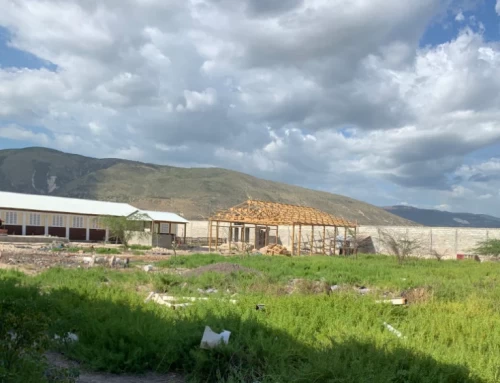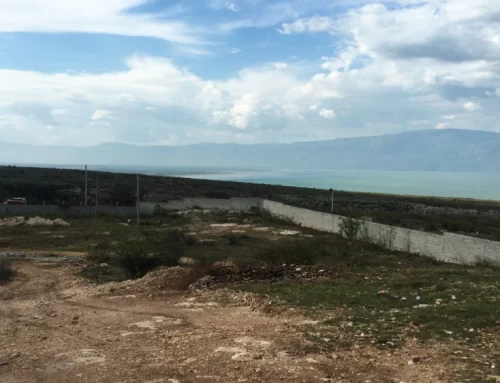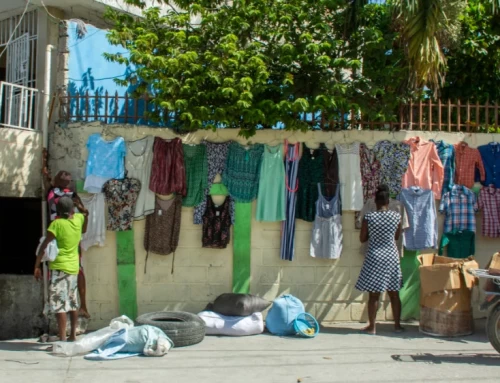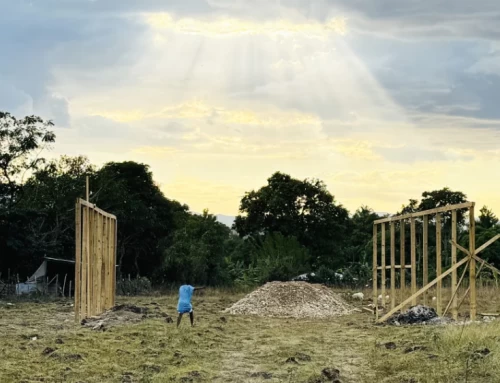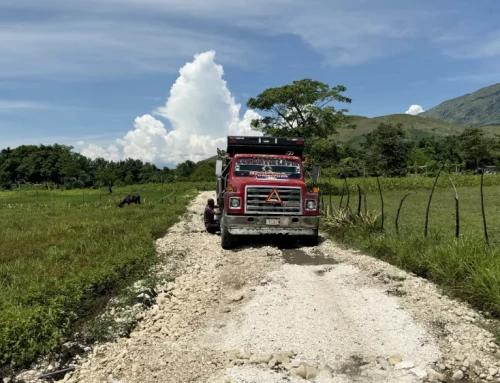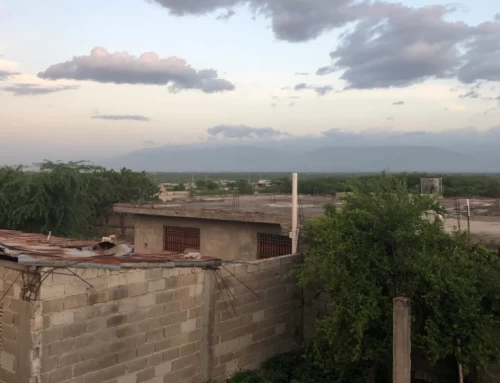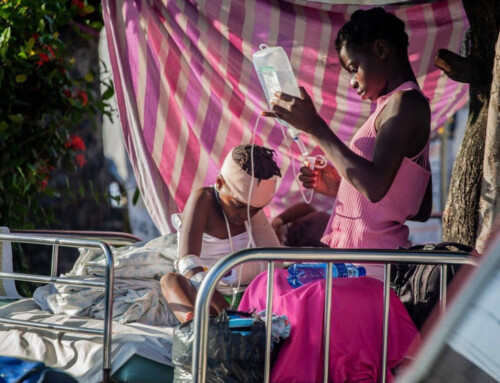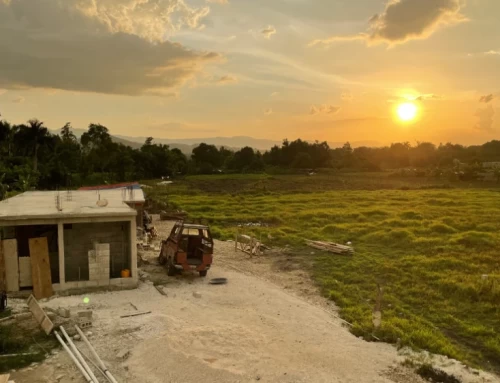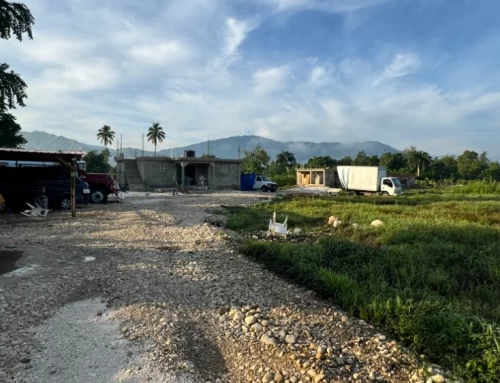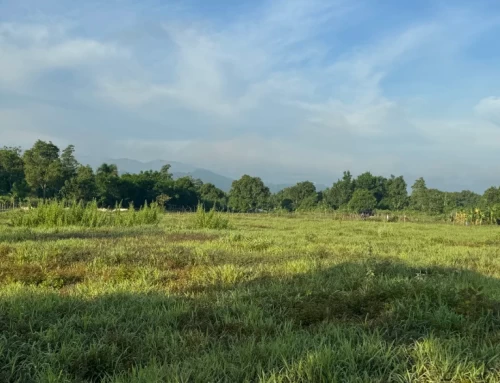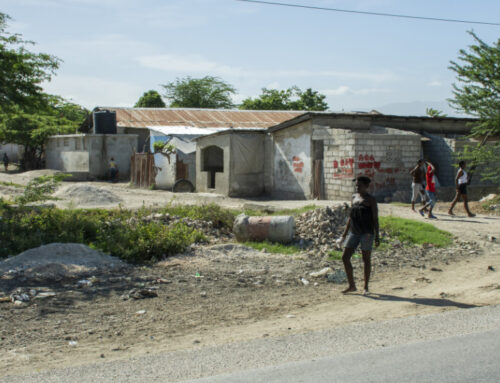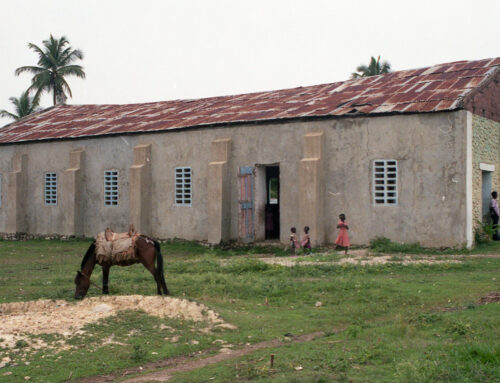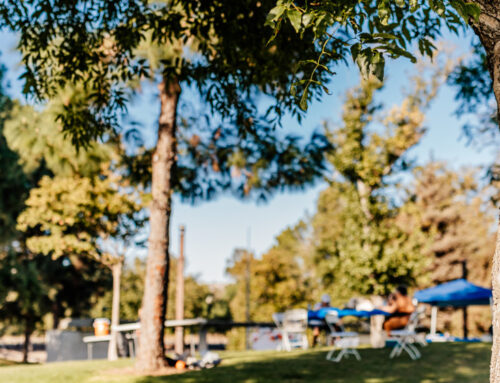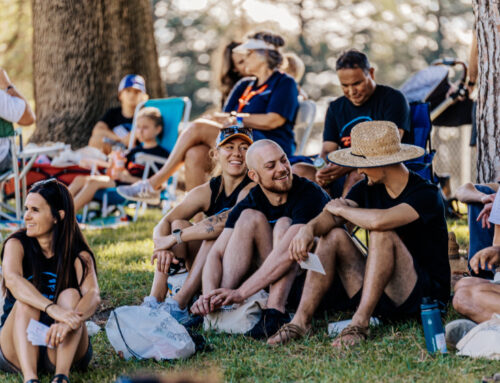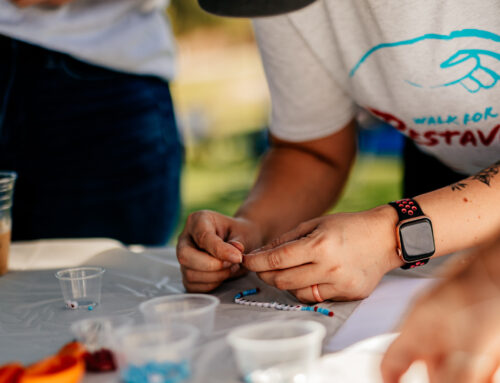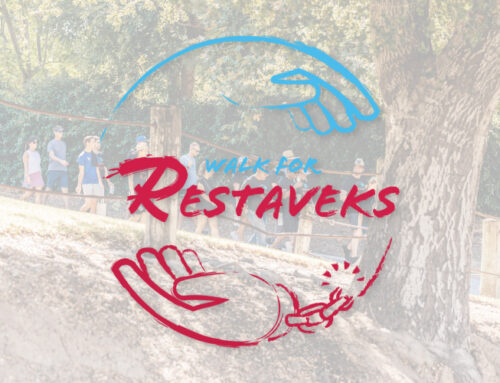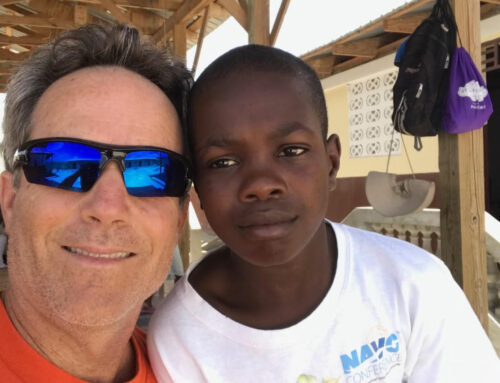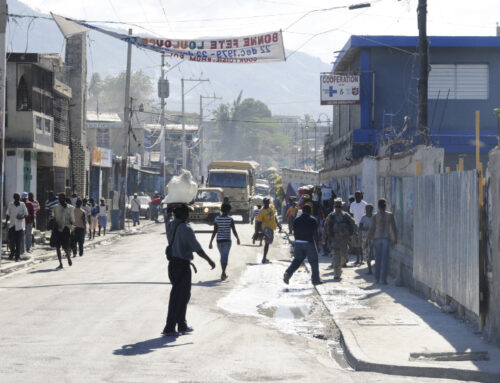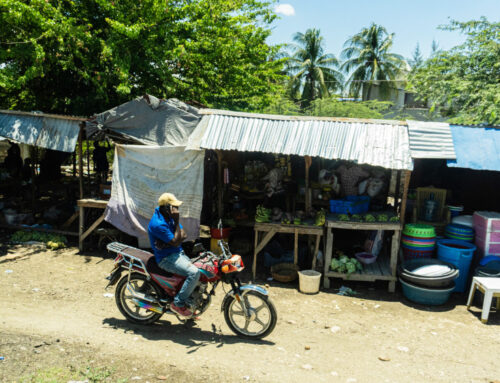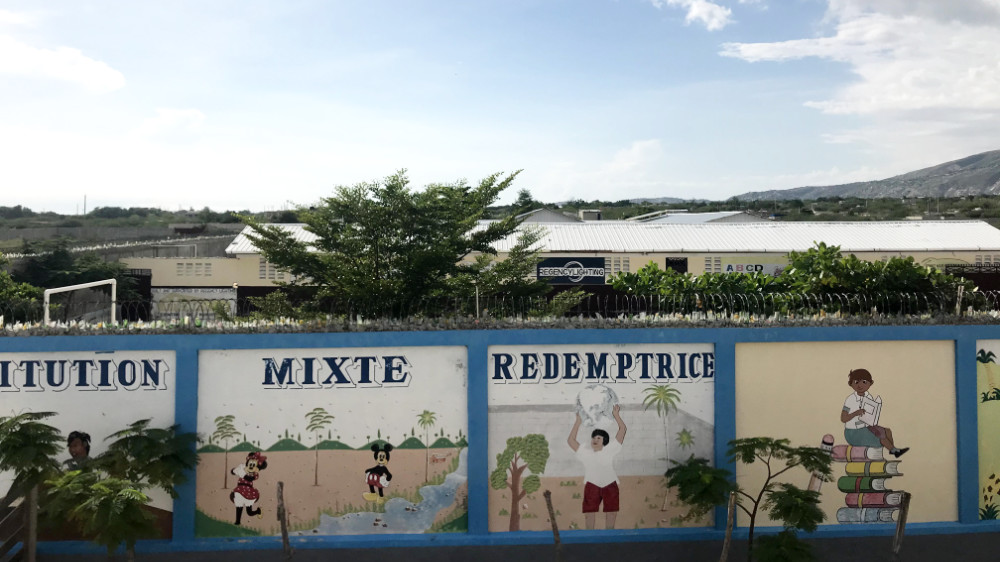
When we started doing ministry in Haiti, there were no Children’s Homes. We began by helping orphanages following the earthquake, and during that period, there were many needs. Many orphanages lost buildings in the disaster, which meant that many children were suddenly displaced. The first orphanage we started supporting was in the city of Fermathe, and soon after, we began supporting an orphanage for children affected by disabilities in another city.
It got to the point where we were supporting three or four orphanages, and we were helping all of them by providing food and whatever else they needed. But it became evident after a while that these kids were not true orphans. They were often children who came from homes that didn’t have enough food or resources to take care of them. These kids would cycle in and out, going with their families until they ran into hard times, and then coming back to the orphanage.
This always bothered us from a parental standpoint. It’s confusing for a child to have two sets of authorities raising him or her. We started to ask, “What if they stay in their homes and we support them there, where there is a familial structure? What would it look like to support the parents God gave these children rather than stepping in to fill the role ourselves?”
This caused some disagreement, because the people running the orphanages didn’t feel as comfortable with this new approach as we did. At the same time, we started to form a conviction that the orphanages needed some oversight apart from us—they needed to be under a Haitian leadership structure. They needed oversight from the church. In time, this became a mutual resolution between us and the churches whose orphanages we were supporting. It is a core value of Connect 2 Ministries to be church-centric, with the goal that the church would help the community by standing in the gap to support struggling families. It was when we started building connections with churches in Haiti that we started hearing about this concept of slave children—restaveks.
These children are true orphans. In many cases, children become restaveks because their parents have died—but regardless of whether they have living relatives or not, once they’re in a slave situation, they are cut off from their families in a permanent way. Before a child comes to one of our Homes, we examine their situation so that we know for sure whether he or she is a true orphan. If they have family, the goal is always to reunite and support the family unit. The kids we serve have truly been abandoned. Our goal is always twofold: to support families in need, and to rescue restavek children—we focus all our efforts in our Mercy and Regency Homes on caring for those who are true orphans. This is God’s heart for His people, and it is our joy to follow Him in this way through the work of our Children’s Homes.
To learn about our Children’s Homes and our ministry to restavek children in Haiti, visit our website.
Share This Story!
Join Our Email List!
Get our blogs delivered directly in your email, don’t miss an opportunity to read about our mission to save children and bringing the Gospel to Haiti.


